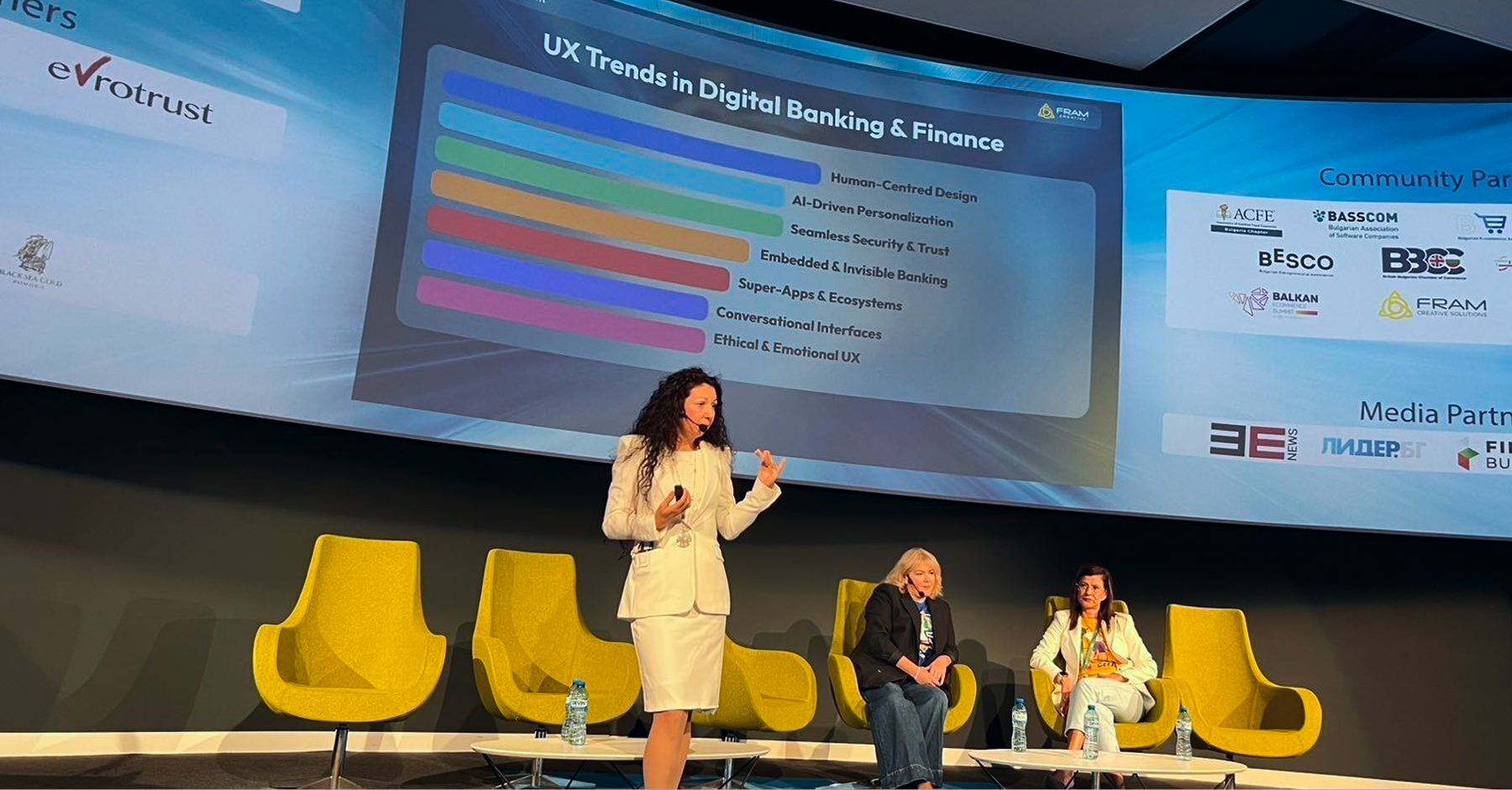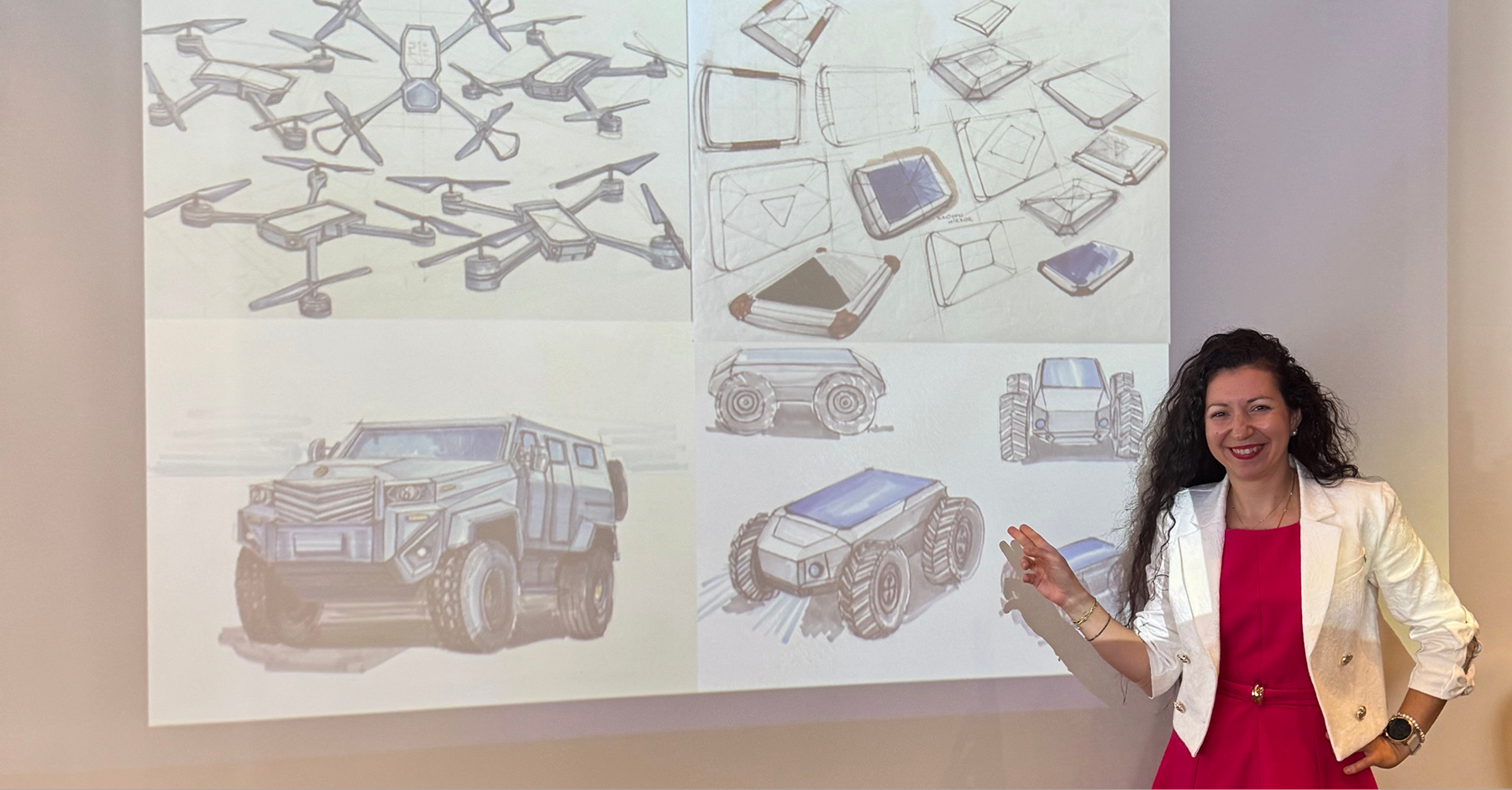Futuretech
Real Estate
MedTech
Security & Insurance
The Playbook of Accessible Design for Business Owners


The last two years have seen a dramatic change in the way software is created. Traditional coding methods are evolving as AI tools transform workflows and shift the required skills. How are these changes affecting the software industry and what it means for developers?
This article builds on the idea that AI is not just a tool but a transformative force in the world of software engineering. By embracing these changes, developers and tech companies can better prepare for a future where prompt engineering and AI collaboration become the norm in the tech industry.
We now have a range of AI tools that support every step of the software development process: from coding, to testing, debugging to deployment and monitoring.
These advancements are not only increasing productivity but also redefining what it means to be a software engineer. The focus changes from writing code to explaining your idea with AI prompts and approving the AI-generated code.
Imagine building complete, production-ready software using a series of well-crafted AI prompts, without writing any code by hand. This is no longer a futuristic idea – it’s happening today! Simple platforms like Replit, Bolt, Lovable, and Create enable non-tech people to create real-world software projects quickly and efficiently. This new paradigm in the software industry is called “vibe coding” – explaining the vibe of the app you want to build and code it automatically with AI prompts.
Meanwhile, more advanced AI dev tools such as Cursor, Claude Code, Windsurf, and Augment Code are now used to build more complex software applications. In fact, recent data shows that 25% of YC startups have built their software using this innovative “vibe coding” approach (source: Y Combinator). This trend is a clear indicator that vibe coding is set to become a standard paradigm for software development, not an exotic approach with questionable results.
The traditional image of a developer writing tons of code, trying to figure out the correct syntax, connecting many libraries, tools and technologies, under specific frameworks, then running the code, testing and fixing the bugs, implementing the features slowly and gradually day by day, is now changing.
Today’s developers are increasingly required to write effective AI prompts and to oversee the work of AI assistants and AI dev agents. Although technical expertise remains crucial, the focus is shifting from manually coding every feature to guiding AI in generating high-quality software.
Human oversight continues to play a key role; developers must verify, refine, and sometimes debug the outputs provided by AI tools. This new role demands a blend of creativity, critical thinking, and technical expertise, along with more focus on the business requirements and less focus on the technical implementation.
Due to the increasing capabilities of modern AI tools, the new generation of “AI-powered software engineers” will operate across traditional role boundaries. They will efficiently integrate functions previously handled by front-end developers, back-end developers, QA automation engineers, DevOps engineers, and business analysts into a more cohesive and versatile approach to software development, with more productive and smaller development teams.
There are two main strategies for implementing vibe coding in your projects: long single prompt vs. incremental development through a sequence of small prompts.
Single-Prompt AI Development: for small applications with well-defined requirements, developers can prepare a detailed product requirements document (PRD) and build the entire app with a single, comprehensive AI prompt. This method simplifies the process by reducing the need for multiple iterations and constant adjustments. It works well for sufficiently small projects that can be well described in a document of a few pages (or a few dozen pages).
Incremental AI Development: for larger and more complex projects, it makes sense to break down the work into smaller, manageable pieces. By developing feature by feature through a series of smaller and simpler AI prompts (and verifying the output after each step) developers can ensure that the application evolves smoothly over time, even as requirements change. This is closer to the traditional way of creating software, but is now quite faster, because developers write prompts that produce hundreds of lines of code at a single step, instead of writing the code line by line and fixing the syntax and logical bugs meanwhile.
Just a year ago, vibe coding was mainly used for creating small demos and prototypes. Today, however, it is a proven method for developing production-quality software. AI models are rapidly overcoming previous limitations, such as short context lengths and .
Take Claude Code, for example – it now has the impressive ability to generate a fully functioning app from a well described PRD (product requirements document) in just a few minutes, with minimal costs. This impressive achievement in technology shows that we are close to a major shift in how software is developed.
Another example: Augment Code is now able to understand how complex software systems work and implement complex features following the concepts and coding style from existing code. With this AI tool developers can efficiently work with AI prompts on projects containing millions of lines of code, with multiple subprojects and a mix of many technologies with non-trivial interactions.
I expect that AI coding agents will continue to improve their abilities over time and handle larger and more complex projects more successfully, including legacy code, legacy technologies, and messy projects with serious technical debt. Developers will spend less and less time coding and more and more time delivering business value.
The focus is moving from the traditional process of writing code to the art of prompt engineering. Developers must now learn to design prompts that effectively communicate their vision to the AI coding agents. This new skill set includes a deep understanding of AI tools, the ability to troubleshoot and review AI-generated code, and the capacity to manage inherent limitations such as biases and quality control. While the core technical skills are still needed, they now serve as a foundation for a broader range of competencies in the AI era.
As AI tools become more capable and their adoption increases, fewer developers will be needed to complete tasks that once required large teams. This shift is slow, but it is an important long-term trend. While the software industry will continue to grow and produce more software, productivity will also increase at the same time. Thus, the overall headcount for tech jobs may not increase rapidly like in the last decade. The trend points toward a future where developers do more with less effort for less time, creating a more streamlined and efficient AI-empowered work environment.
AI tools and agents are fundamentally changing the economics of software development by automating routine coding tasks, reducing the number of developers needed for projects and diminishing the cost advantage of geographic arbitrage.
For Bulgarian tech companies, the rapid advancements in AI represent both challenges and opportunities. Historically, Bulgaria enjoyed a competitive edge in the global software market due to its skilled developers. Today, however, the relatively high cost of local talent is becoming a disadvantage compared to regions like Asia (Pakistan, India, Vietnam), Africa, and South America. With modern AI tools empowering low-skill developers to deliver high-quality results at a fraction of the cost, Bulgaria risks losing its traditional competitive advantage. Moreover, as the number of software developers may shrink globally over the next decade and AI may take the heaviest engineering work, traditional models like tech outsourcing and outstaffing may face a significant decline in Eastern Europe.
To remain competitive, Bulgarian tech companies must quickly adopt the latest AI development tools. This means investing in training and technology that can boost productivity dramatically. Fast AI adoption companies will produce more value to their customers for a shorter time. The others risk losing their market competitiveness.
Companies should also shift their focus from low-value outsourcing to developing innovative products that harness the power of AI. Looking ahead, it may be wise to explore specific sectors with growth prospects, such as development of AI agents, AI-driven solutions for defense and military applications and robotics, as well as AI automation for biotech, heath tech, energy tech, climate tech, fintech, cybersecurity and smart cities. By embracing these changes, Bulgarian tech companies can not only survive but thrive in the new era.
Over the next few years software companies in Bulgaria should shift their business models from time-and-materials to value-based pricing. The full transition to high-value consulting and products is the long-term key to succeed in the AI era.

About Dr. Svetlin Nakov
Dr. Svetlin Nakov is a well-known tech entrepreneur, educator, and software engineering expert. With years of experience and a strong background in founding successful startups, including SoftUni (the largest tech education organization in the South-Eastern Europe), he has seen firsthand how technology evolves. Now, as an AI expert, he continues to shape the future of software development through his insights, educational efforts, and innovative projects. His career spans multiple facets of the tech industry, from traditional software engineering to cutting-edge AI research.




Our friendly team would love to hear from you.
By submitting this form you agree with our Privacy Policy



